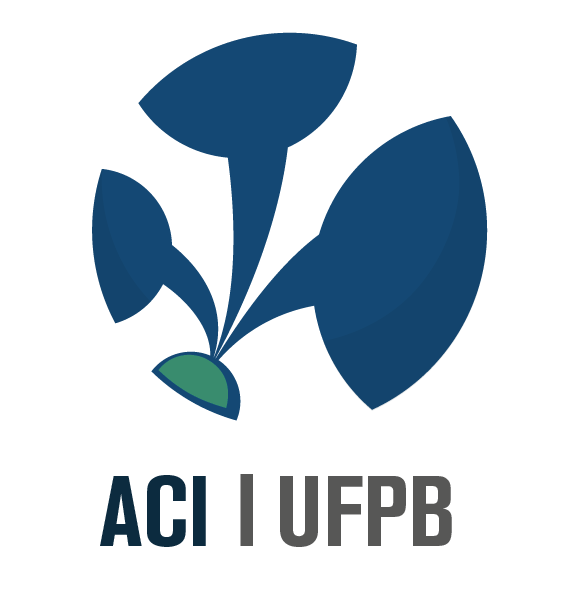To Partners (in English)
One and only International Office
Dear Partner,
as of February 2019, the Agência UFPB de Cooperação Internacional (ACI/UFPB - UFPB Agency for International Cooperation) substituted UFPB's former International Office, the Assessoria para Assuntos Internacionais (AAI).
From now on, the ACI/UFPB will be divided into the following deliberative and executive sectors:
I – Executive Board;
II – Presidency - under Prof. Sandro Marden Torres;
III - Clerical Staff;
IV– Division of Promotion and Academic-Scientific Actions, directed by Prof. Gustavo Charles Peixoto De Oliveira;
V – Division of Interinstitutional Relations, directed by Prof. Dr. Ana Berenice Peres Martorelli;
VI – Division of International Mobility, directed by Prof Ana Luiza Mattos Braga.
All International Relations matters will remain under ACI/UFPB and AAI's administrative staff has been absorbed by ACI/UFPB. For the staff's new contacts, please click here.
The role of each of UFPB's Program Coordinators in the mobility process – in undergraduate level, at least – is to evaluate the academic feasibility of the applications of foreign candidates as well as the learning agreements of our outgoing candidates.
Apart from the "To Partners" content, you may now read all the "Incoming Students" content in English here, including details for the application procedures. If you can read Portuguese, you can click here.
Data Sheet
Click here to download our updated data/fact/info sheet .
Grading System
Click here to learn about our grading system in English.
Clique aqui para uma versão do nosso sistema de notas em português.
ECTS X UFPB credit conversion
At UFPB one credit corresponds to 15 (fifteen) hours of class activity, regardless of the necessary extra-class work (readings, research, autonomous study, paper writing, seminar preparation, among other activities).
As far as we are concerned, the ECTS system takes extra class work into consideration in order to total 25-30 hours of work per credit. Nevertheless, we have been informed that before the Bologna process 1 ECTS corresponded to 10 (ten) hours of class contact, which some universities still use for conversion purposes.
Thus, considering that one UFPB credit is 15 hours and one ECTS credit is 10 hours, converting the candidate’s workload into ECTS credits can be done by multiplying UFPB credits by 1.5 (one and a half time).
